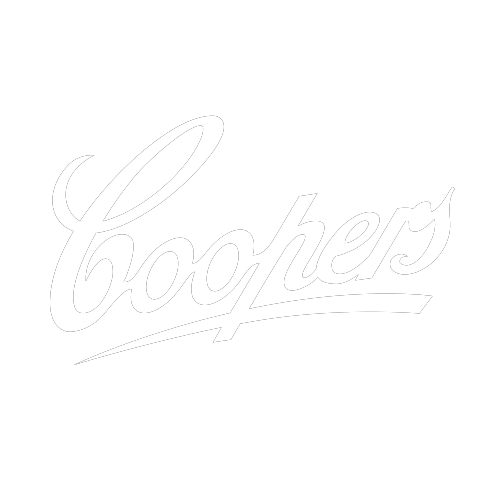In 2018 the IMA has invited five Indigenous curators from across the Great Ocean to develop a series of exhibitions and programs in collaboration with indigenous artists. The group will share recent work, discuss their project, The Commute, and announce the commissioned artists featured in the project this September-December.
The Commute is developed by Sarah Biscarra Dilley (yak tityu tityu yak tiłhini Northern Chumash, Chicana), Freja Carmichael (Quandamooka), Léuli Lunaʻi Eshraghi (Sāmoa), Tarah Hogue (Métis, Dutch Canadian) and Lana Lopesi (Samoa).
The project will assert complex, wide-ranging, contemporary Indigenous experiences including deep ancestral knowledges and global connections.
Join us for an afternoon where the distinctive perspectives of the visiting curators will be shared and discussions about the formation of the project will take place.
Biographies:
Sarah Biscarra Dilley is a multidisciplinary artist and scholar currently residing in the unceded homeland of the Chochenyo Ohlone people. She is a member of the yak tityu tityu yak tiłhini Northern Chumash tribe. Her academic and visual work has been exhibited nationally and internationally at Yerba Buena Center for the Arts, California Historical Society, University of California at Santa Barbara, SOMArts Cultural Center, First Peoples House at University of Victoria, California Consortium for Urban Indian Health, Toronto Free Gallery, Open Engagement, and Native American and Indigenous Studies Association.
Freja Carmichael is a Ngugi woman belonging to the Quandamooka People of Moreton Bay. She is an Independent curator working broadly across Aboriginal and Torres Strait Islander visual arts sector and has strong interest in traditional fibre practices and collaborative curatorial approaches. She has completed curatorial work with Redland Art Gallery, kuril dhagun at State Library of Queensland and is a member of Brisbane based Indigenous curatorial trio, Blaklash Collective. In 2014, she received an Australia Council for the Arts emerging curatorial fellowship and was awarded the 2016 NGA’s International Indigenous Arts fellowship. Recently Carmichael was awarded the inaugural Macquarie Group First Nations emerging curatorial award.
Léuli Māzyār Lunaʻi Eshrāghi is a curator, artist and Monash University PhD candidate visiting Kulin Nation lands and waters. Eshrāghi hails from the Sāmoan villages of Āpia, Leulumoega, Siʻumu, Salelologa, from Irānzamin, Guangdong, and other ancestries. His work centres on ceremonial-political practices, language renewal, and Indigenous futures. He has undertaken residencies at Para Site Hong Kong, Banff Centre for Arts and Creativity, University of British Columbia – Okanagan, and Tautai Pacific Arts Trust. He serves on the board of the Aboriginal Curatorial Collective (Canada), editorial advisories for Broadsheet and un Magazine, and the Pacific Advisory Group to Melbourne Museum.
Tarah Hogue is a curator, writer and uninvited guest on xʷməθkʷəy̓əm (Musqueam), Skwxwu7mesh (Squamish), and səl̓ilwətaɁɬ (Tsleil-Waututh) territories/Vancouver, British Columbia where she has lived since 2008. She is a member of the Métis Nation of Alberta. Her work activates Indigenous and feminist methodologies of reciprocal relationality and collaboration, and attends to the politics of place. Hogue is the inaugural Senior Curatorial Fellow, Indigenous Art at the Vancouver Art Gallery (2017–2020). She was the 2016 Audain Aboriginal Curatorial Fellow at the Art Gallery of Greater Victoria (Canada), and has curated numerous exhibitions and discursive projects.
Lana Lopesi is a critic of art and culture based in Tāmaki Makaurau, Aotearoa New Zealand. Lana is the Editor-in-Chief for The Pantograph Punch and Editor for Design Assembly, where she writes a monthly column called Graphic Matters. Lopesi has held residencies in Taipei, Taiwan and Auckland, Aotearoa New Zealand. Lana’s writing has featured in a number of publications in print and online including New Zealand publications Paperboy, Art New Zealand, HOME Magazine, Aotearotica, Bulletin and The Spinoff; Australian publications Un Magazine, Broadsheet and Runway; and international publications such as GARAGE Magazine and VICE.






